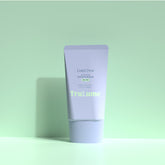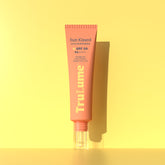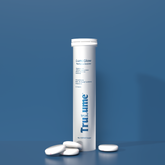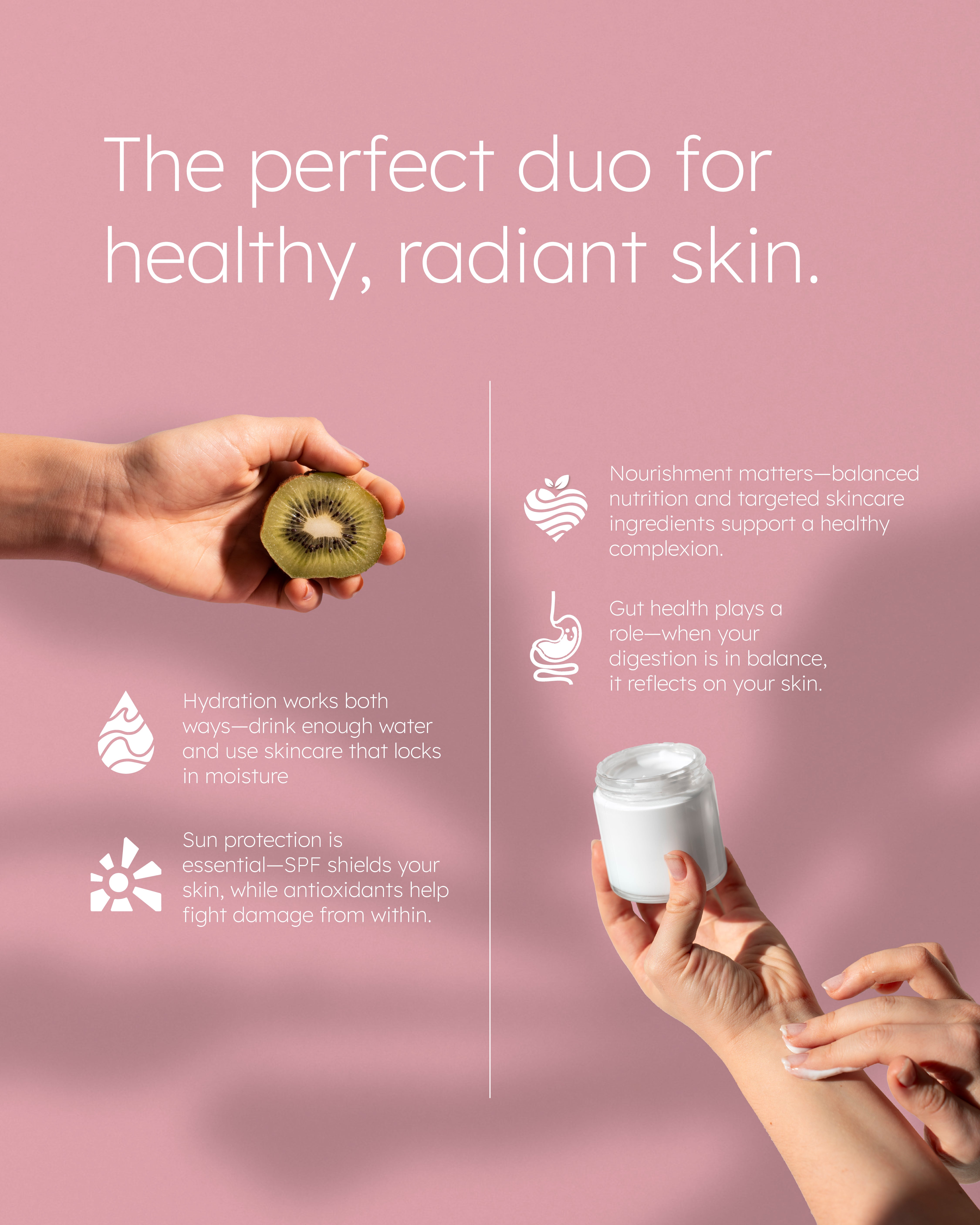How Diet & Lifestyle Shape Your Skin Health
Ever wondered why your skin might be so dull and dry? From diet and lifestyle to stress, your everyday choices play a huge role in influencing your skin health. Food, water, stress, and sleep play a team effort in maintaining skin health. So focus not just on those creams and lotions, but also on your diet and lifestyle too! Let’s look at how these 4 factors: diet, water, stress, and sleep help in skin glow.
How does diet affect your skin health?
Diet plays a major role in skin regeneration and repair. Food can act as the skin’s enemy or friend. So it is important to make the right food choices. Certain food triggers can contribute to skin damage in specific conditions. For instance, gluten-rich foods can act as triggers in exacerbating dermatitis or psoriasis. Foods high in sugar can contribute to acne. A colourful plate filled with veggies can help in improving skin health as it is rich in antioxidants and anti-inflammatory nutrients.
Dietary tips for skin health:
- Make sure to include foods rich in omega-3 fatty acids, as they help in bringing down skin inflammation. This includes fatty fish, nuts, flaxseeds, leafy veggies, and fruits.
- Avoid food allergens or triggers. For instance, if you are allergic to soy, nuts, etc, make sure you avoid them in your diet.
- Refined carbs or foods high in sugar can often lead to acne flare-ups or skin damage. Avoid them.
How does water affect your skin health?
Water helps to flush out toxins and improve skin hydration. It helps in maintaining a healthy pH balance. Since the pH of water is neutral, drinking enough water can help in maintaining a healthy and balanced pH, which is essential for smooth and glowing skin. As a result, it is important to consume at least 2-3 liters of water per day to improve skin elasticity and reduce skin dryness.
Tips to increase water intake:
- If you forget to consume water, keep the bottle by your bedside or workplace.
- If you do not like to drink plain water, consume unsweetened juices or soups instead.
- Use an app or diary to track water intake.
How does stress affect skin health?
Higher stress levels can increase cortisol levels, which can promote skin inflammation. It can even worsen skin conditions such as eczema, dermatitis, or psoriasis. Excessive stress can also prevent the skin from healing quickly, which can further promote skin damage.
Tips to reduce stress:
- Indulge in yoga, pranayama, or meditation to combat stress.
- Engage in hobbies like reading, dancing, or listening to music.
- Hang out with friends or family members.
How does sleep affect skin health?
It is easier to see the effect of less sleep on the skin. Puffy eyelids, dark circles and dull skin can be a clear indication of sleep deprivation. Multiple studies link a lack of sleep to increased skin aging as well as an elevated risk of developing other skin conditions.
Tips to improve sleep:
- Keep away electronic devices one hour before your bedtime.
- Darken your room by closing the curtains, as melatonin induces sleep and is produced more in a dark environment.
- Exercise regularly.
Conclusion
Now that you know how diet and lifestyle can affect skin health, follow the above tips to keep you and your skin healthy and glowing!












